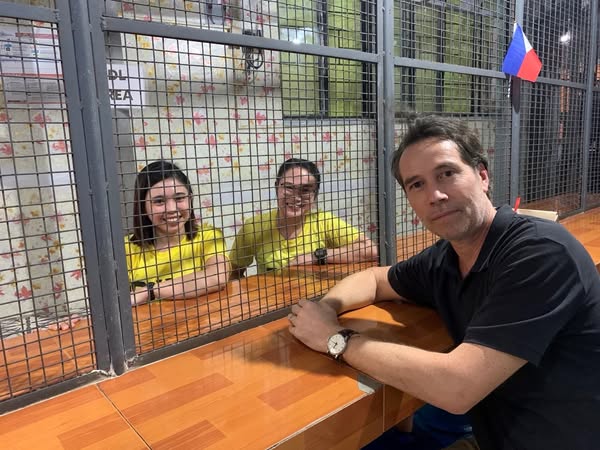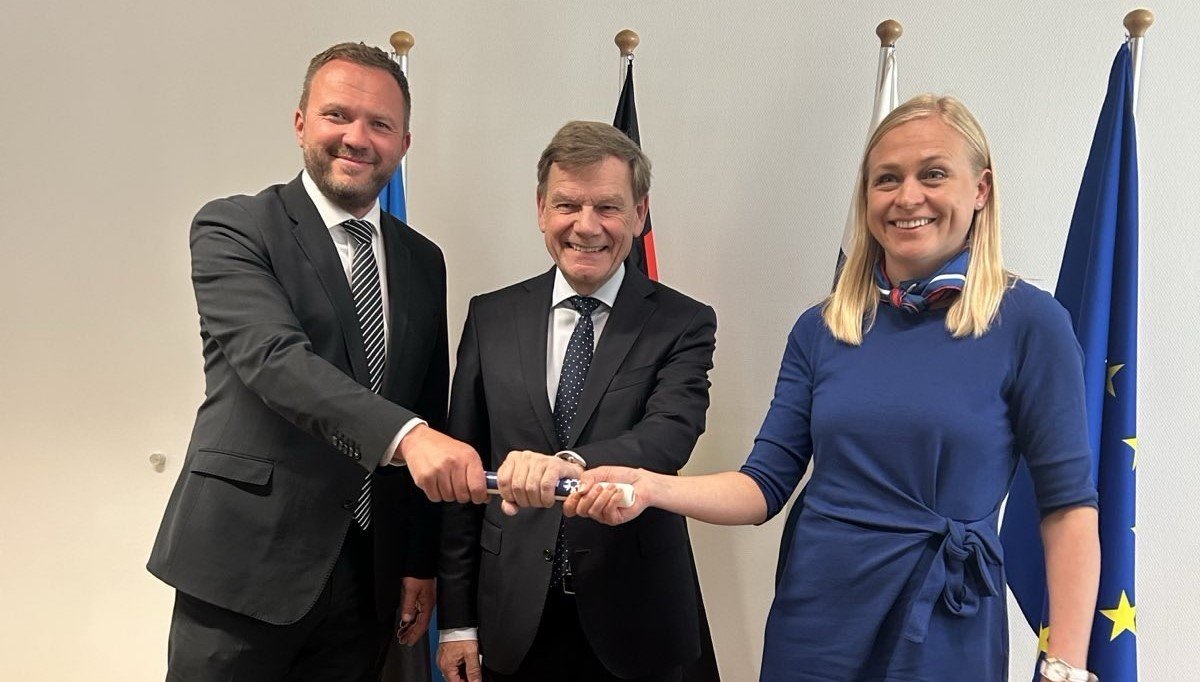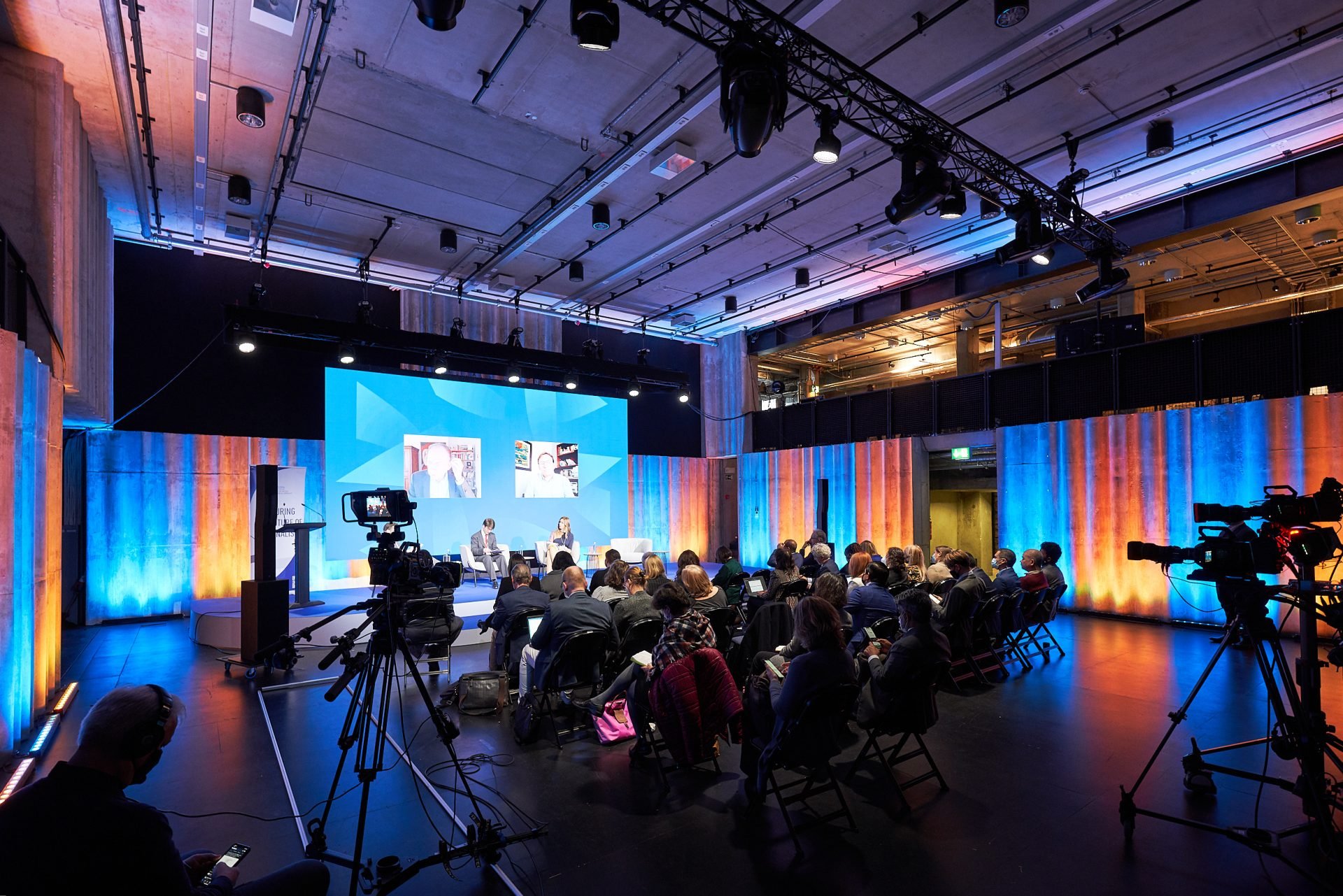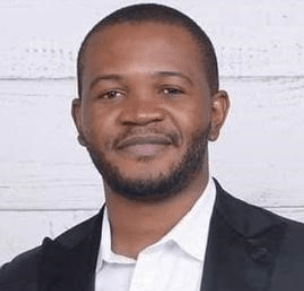
When representatives of embassies monitor the trial of a journalist, it can make a major contribution to their morale, and to justice – that’s according to Stanis Bujakera Tshiamala, a Congolese journalist whose trial proceedings were observed in 2023 and 2024.
Trial monitoring involves observers attending court hearings to ensure that the legal proceedings are fair, transparent, and free from political interference. These observers document the trial’s process, track any potential violations of human rights, and raise awareness about any unjust proceedings.
The presence of observers can also provide solidarity and a measure of support for human rights defenders when they are on trial.
Trial monitoring is carried out by a wide range of international organisations and civil society organisations around the world. It is also one of a number of activities carried out by embassies of MFC member countries in order to help protect media freedom and freedom of expression.
A recent example comes from the Democratic Republic of the Congo, where multiple embassies as well as national and international organisations observed the trial of journalist Stanis Bujakera Tshiamala. Bujakera was arrested in September 2023 in relation to a Jeune Afrique report concerning the murder of a former minister.
In addition to monitoring the trial, several embassy members of the MFC issued a statement , calling on the authorities to ensure a fair trial, and highlighting that they would be monitoring the proceedings closely.
Bujakera said of the support, “It reassures, it builds confidence, it relieves… I felt that I was not alone, it reassured me, and this presence gave me strength on a personal level.”
He added, “Where I found it was also important was its dissuasive side on two levels: first, justice. The judges and the public prosecutor saw that the case was followed at the highest level and that irregularities and manoeuvres were going to be documented. Secondly, it was at the level of the prison administration. This presence was also dissuasive because they knew that if they started to mistreat me, the chancelleries would know and that’s it.”
Members of the MFC’s Consultative Network, including Reporters Without Borders, were also deeply involved in Bujakera’s case, playing a crucial role in bringing attention to the case and ensuring that trial monitoring was conducted.
Antoine Bernard, RSF’s Director of Advocacy and Assistance, said: “RSF’s experience with the MFC embassies network has proven quite fruitful in Stanis’ case. It has shown how reciprocal respect, trust and sustained operational cooperation between governments and a frontline NGO can deliver for the best. While each context and situation are unique, those principles pave the way to effectiveness.”
MFC member embassies have monitored the trials of journalists in multiple countries – as well as the trials of individuals accused of harming or murdering journalists. This work sometimes takes place in sensitive contexts, making it difficult to share further details.
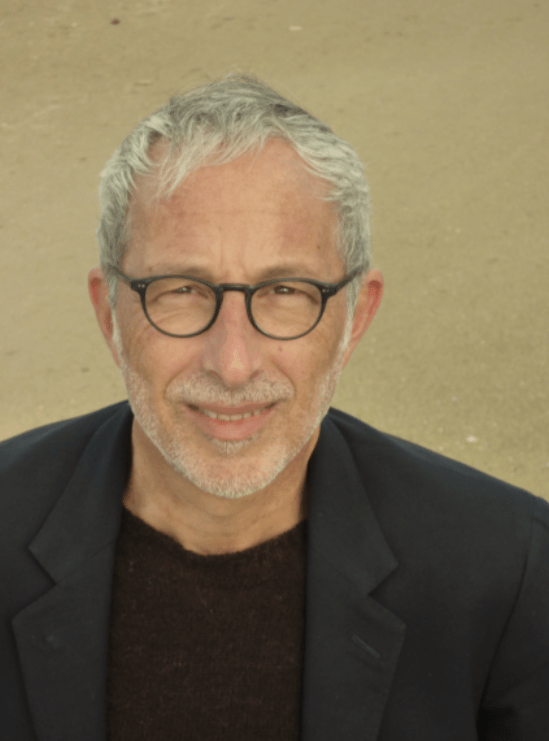
One representative of an embassy, who has observed trial proceedings of journalists, told us: “Trial monitoring allows embassies like ours an opportunity to make sure human rights defenders, including journalists, receive fair treatment under the law. We respect due process and legal processes in the host country, but at the same time demonstrate solidarity with those at risk.
“It also informs us of any developments that can help shape our own responses and policies in relation to calls for adhering to international human rights standards, as well as human rights and legal obligations of the host state.”
Bujakera highlighted that public statements, private diplomacy and trial monitoring can be combined to provide effective support to journalists at risk. “I encourage that all three aspects be maintained as an attitude,” Bujakera said.
